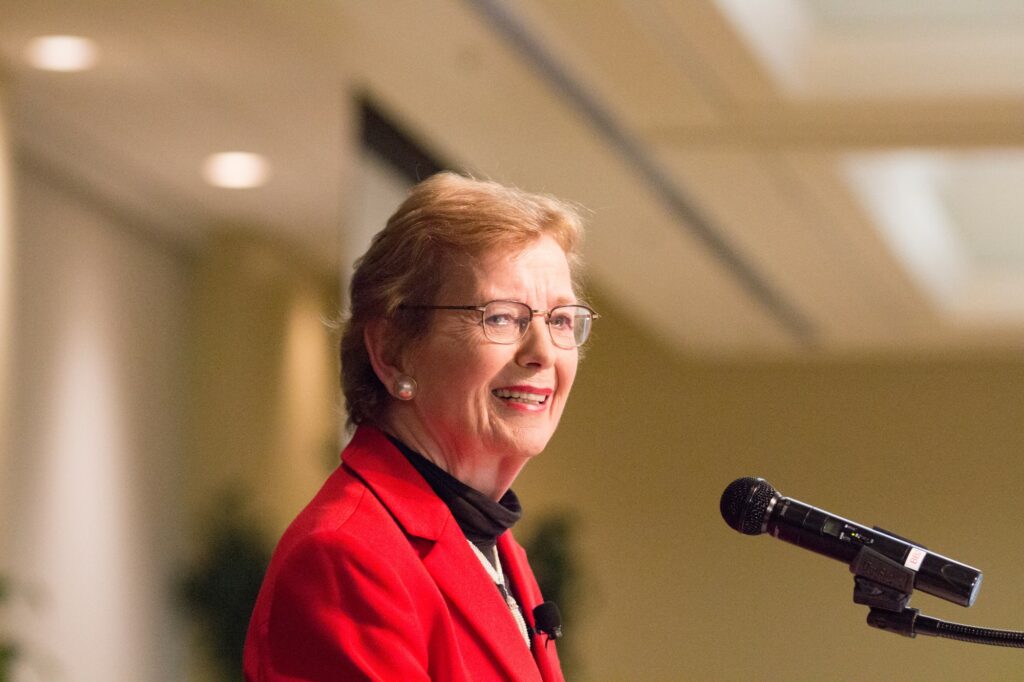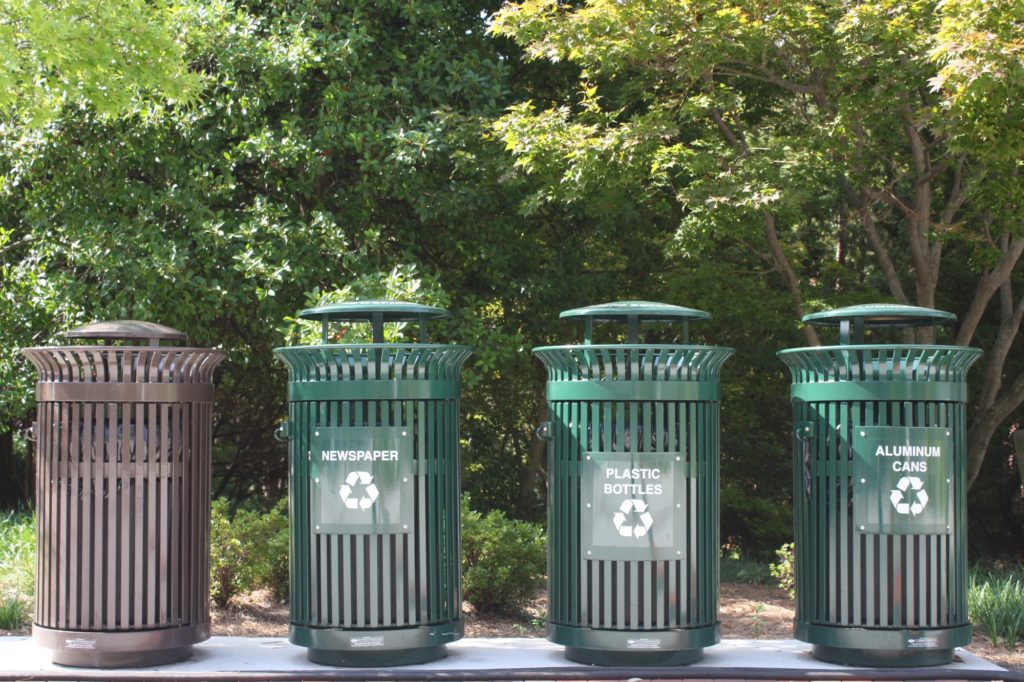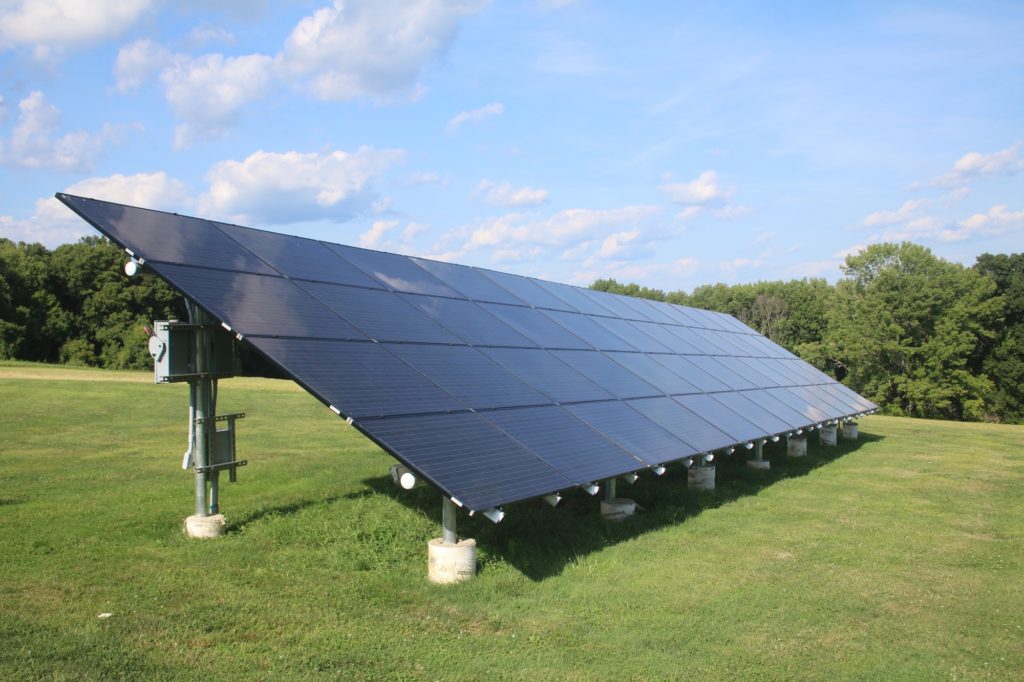Though scientific studies and immense catalogs of data have been collected to support claims acknowledging climate change as a real and pressing danger to our environment, the validity of climate change has been politicized and frequently debated.

Sustainability Coordinator at Weber State University Jennifer Bodine is adamant that the data takes into consideration the effect on human beings.
“This is a human issue – it never should have been a partisan issue,” said Bodine. “This isn’t just about the environment, it’s about people.”
As part of a sustainability initiative here on campus, numerous protocols and programs have been established to reduce the negative impacts fossil fuel emissions and other pollutants have on air quality and other environmental concerns that effect local populations.
The Sustainability Practices and Research Center on campus is an organization which offers WSU students, faculty, staff and the community education to ensure sustainability in our communities for future generations.
Every spring SPARC sponsors the Intermountain Sustainability Summit. The summit was started by a student roughly nine years ago as a Senior Capstone Project involving an estimated 60 students and faculty.
Today, attendance is above 400.
WSU Director of SPARC Alice Mulder said the summit is the flagship of SPARC and offers students, faculty and sustainability practitioners from around the Intermountain West opportunity to network, educate and discuss topics of clean energy, urban water and resource management, Green building and energy sustainability.
This year’s keynote speaker is educator and author Naomi Oreskes. Oreskes’s research focuses on earth and environmental sciences, with a particular interest in in understanding scientific consensus and dissent.
Oreskes is featured in the satirical film “Merchants of Doubt,” which tells the story of pundits-for-hire who pass themselves off as scientific authorities on topics such as climate change.
As part of sustainability efforts, opportunities are currently given to university departments and programs to invent and implement strategies for energy efficiency.

For example, solar powered picnic tables are being developed on site. The tables will enable students to charge cell phones and other electronic equipment using solar power exclusively. Recycling initiatives are also in place and a comprehensive compost pile is coming soon.

Renewable and naturally sourced energy plans have played a big part in the construction of new buildings on campus which “not only reduces the carbon footprint of the university but will save millions of dollars,” Bodine said.
Dr. Daniel Bedford, geography professor at WSU said, “We can look at taking measures to reduce our carbon footprint as environmentally responsible, but it can save individuals a lot of money as well. Driving a newer, more fuel-efficient vehicle or hybrid can help improve air quality and save you a significant amount of money in fuel costs.”
Mulder uses the electric vehicle charging stations available on campus frequently, and she encourages student and staff to request that additional units are installed so more may benefit from the cleaner emissions of electric and hybrid vehicles.
“Vehicle emissions is really the greatest problem we face on campus now,” Mulder said. “If more of us chose to use the UTA Ed Pass, carpool or ride a bike, we could drastically reduce the air pollutants that affect the air quality.”













